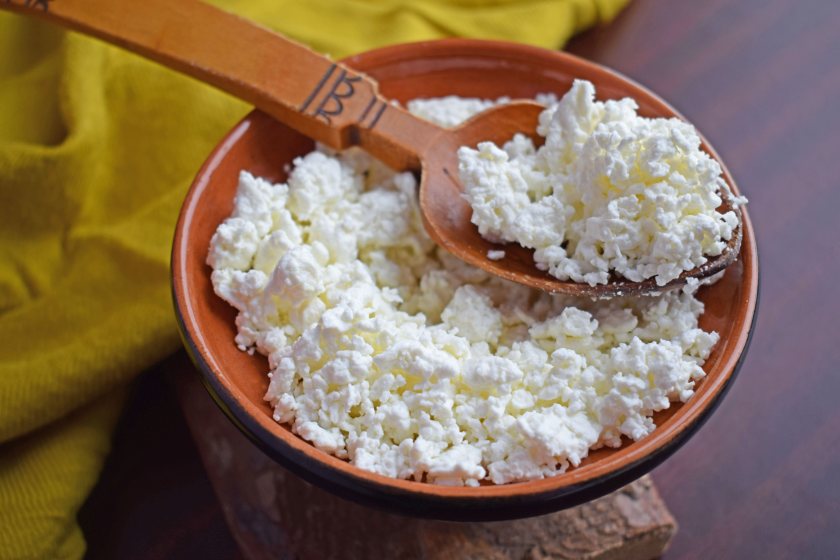
Cottage cheese is having a moment – with British shoppers snapping it up in record volumes as the quest for natural, high-protein foods takes over fridges and social feeds.
New research from levy organisation AHDB highlights a surge in popularity for products like cottage cheese, whole milk, and kefir yoghurt, despite an overall dip in dairy volumes.
While the dairy sector faces pressure, shifts in consumer habits are driving growth in certain categories, particularly those seen as clean-label, minimally processed, and rich in functional health benefits.
This boom is being fuelled by four key drivers: increased demand for protein, heightened interest in gut health, growing suspicion of ultra-processed foods (UPFs), and a renewed focus on naturalness.
Much of this momentum is being amplified by social media, where cottage cheese has gained traction as a versatile and nutritious staple for meal prepping and fitness-focused lifestyles.
According to IGD’s ShopperVista data (December 2024), 28% of consumers reported actively increasing their protein intake, with another 29% planning to do so in 2025.
Mintel’s 2025 British Lifestyles report confirms this trend is being led by shoppers seeking functional foods to align with personal health and fitness goals.
Plain cottage cheese, which contains 9.4g of protein per 100g in its full-fat form and 10.6g in reduced-fat versions (McCance and Widdowson), saw a dramatic 29.4% year-on-year volume growth (NIQ Panel, 52 w/e 22 March 2025).
Its versatility – often used in scrambled eggs, smoothies or as a dip – has helped it gain a new fanbase.
Whole milk is also back in favour, experiencing a 2.9% year-on-year increase and now making up nearly a third (31%) of cow’s milk volume sales.
Consumers are increasingly valuing its perceived naturalness over reduced-fat options, particularly amid rising concerns around UPFs, according to Mintel’s 2024 dairy report.
But AHDB asks whether cottage cheese’s moment in the spotlight is a fleeting fad or a sign of more permanent change in consumer dairy preferences.
Elisya Zain, analyst at AHDB, said: “Social media is a major driver of health trends, presenting a valuable opportunity to raise awareness, influence consumer perceptions and generate demand, especially for younger consumers.
“As protein content is gradually becoming the leading factor for shoppers when making food choices, if we continue to highlight the naturally high protein levels in dairy products as well as their other health benefits, dairy products like cottage cheese may well continue to experience growth.”
